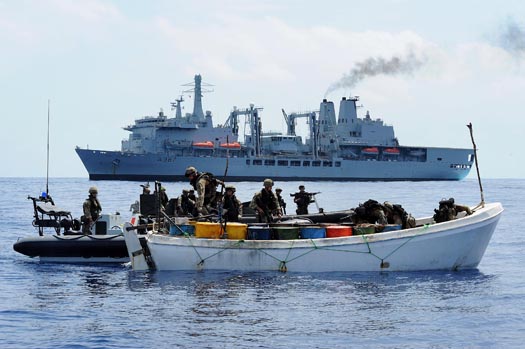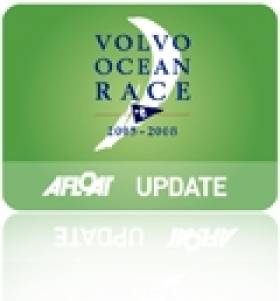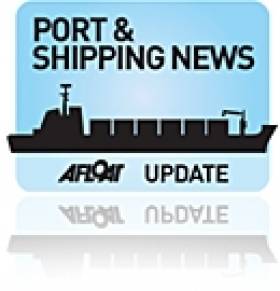Displaying items by tag: seychelles
VOR Second Leg Cut Short Over Piracy Concerns
#VOLVO OCEAN RACE - The second leg of the Volvo Ocean Race from Cape Town to Dubai has been cut short by organisers as a result of the growing threat of piracy in the Indian Ocean, The Irish Times reports.
The six yachts competing will be protected by armed guards as they are shipped on a secret route to the United Arab Emirates due to piracy concerns.
The boats will be transported by ship from an undisclosed location to Sharjah in the Arabian Gulf, from where they will sprint to the finish line in Abu Dhabi.
All six teams are currently in Cape Town, with Team Sanya, PUMA and Abu Dhabi Ocean Racing hoping to get back in the race after retiring in the first leg.
As previously reported on Afloat.ie, NATO recently foiled a pirate attack on a Spanish fishing vessel between the Seychelles and the Somali coast.
The Irish Times has more on the story HERE.
NATO Foils Pirate Attack
#PIRATES– On 28 November, the Royal Navy vessel, RFA Fort Victoria was patrolling in an area approximately 420 nautical miles from the Seychelles and 350 nautical miles from the Somali coast as part of NATO's counter piracy task force 508.
Early that morning, she received information that a Spanish fishing vessel operating to the north of their position had come under attack from a group of pirate vessels to the North of their position. The ship's Lynx helicopter was quickly despatched to investigate.
Once at the scene, the helicopter identified two suspect vessels, a whaler and a skiff, in the vicinity of the fishing vessel. The faster of the two, a skiff, sped away at over 25 knots as the helicopter gave chase. When the skiff ignored orders to stop, the Lynx helicopter fired warning shots ahead of the fleeing vessel which stopped and the suspected pirates onboard were then transferred to Fort Victoria via boat.

RFA Fort Victoria was approached by a pirate skiff at speed as they attempted to board her, However after Fort Vic laid down warning shots using their Miniguns the pirates had a sudden change of heart and started to make a run for it. Fort Vic gave chase and launched her boarding teams to stop them.
Fort Victoria's Royal Marines boarding team then boarded the whaler and another skiff in the vicinity. As a result of the day's action, a total of seven suspected pirates were detained onboard Fort Victoria along with their whaler as evidence, with no injuries being sustained by either side.
Captain Gerry Northwood Royal Navy, embarked in Fort Victoria said:
"It has been a long but rewarding operation with many complex aspects. Operating under NATO tasking and in consultation with our headquarters in the Middle East and in the UK, we utilised a range of national and international assets to bring these events to a satisfactory conclusion. Fort Victoria has once again demonstrated that multinational coordination can be successfully deployed to disrupt piracy in this area in order to protect international merchant shipping."






























































